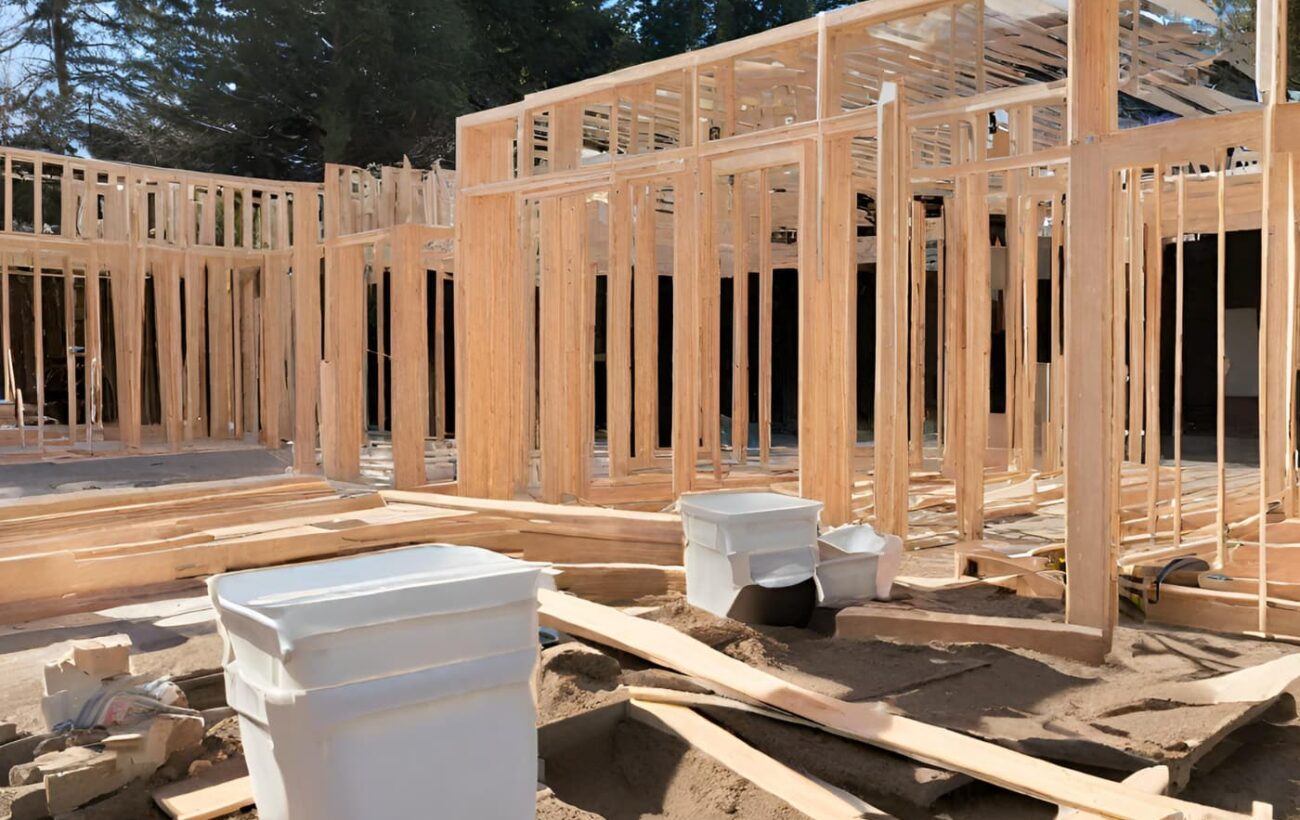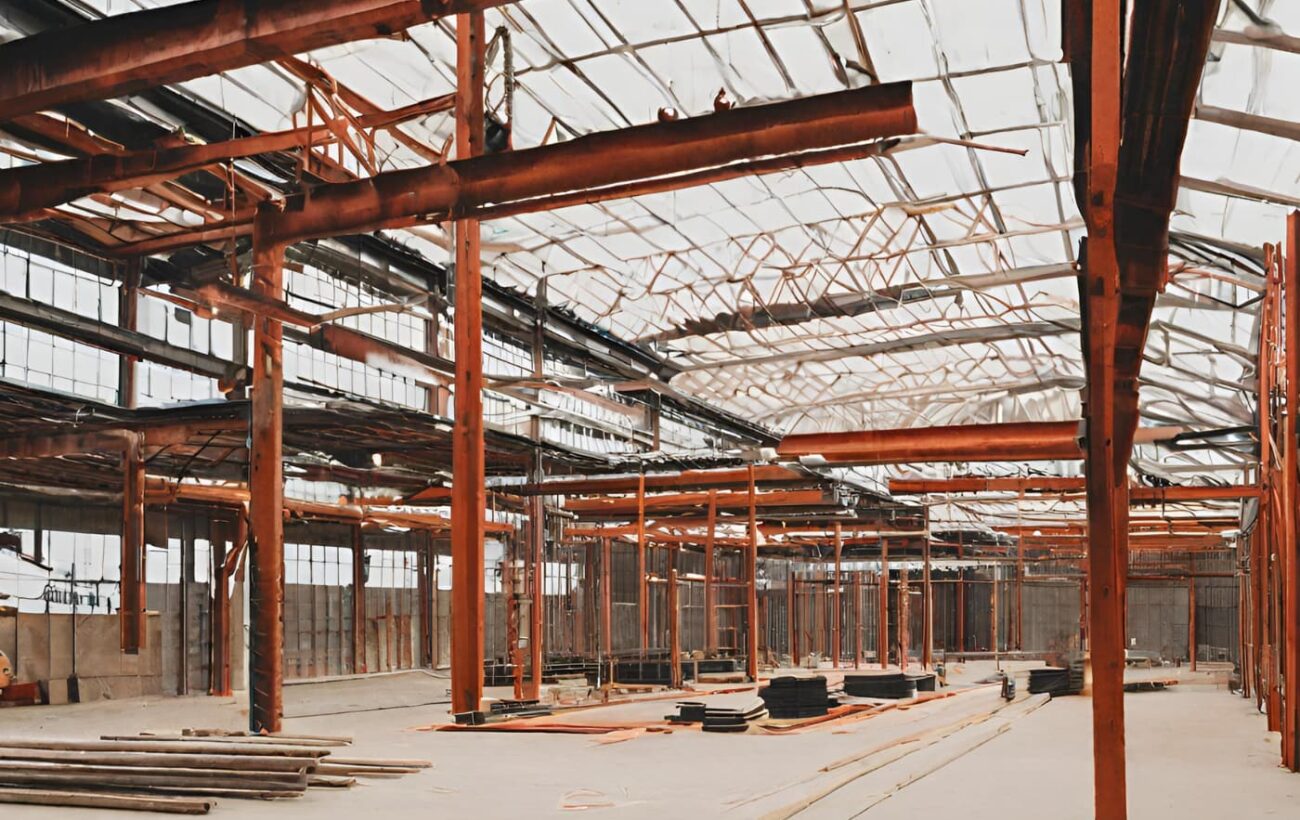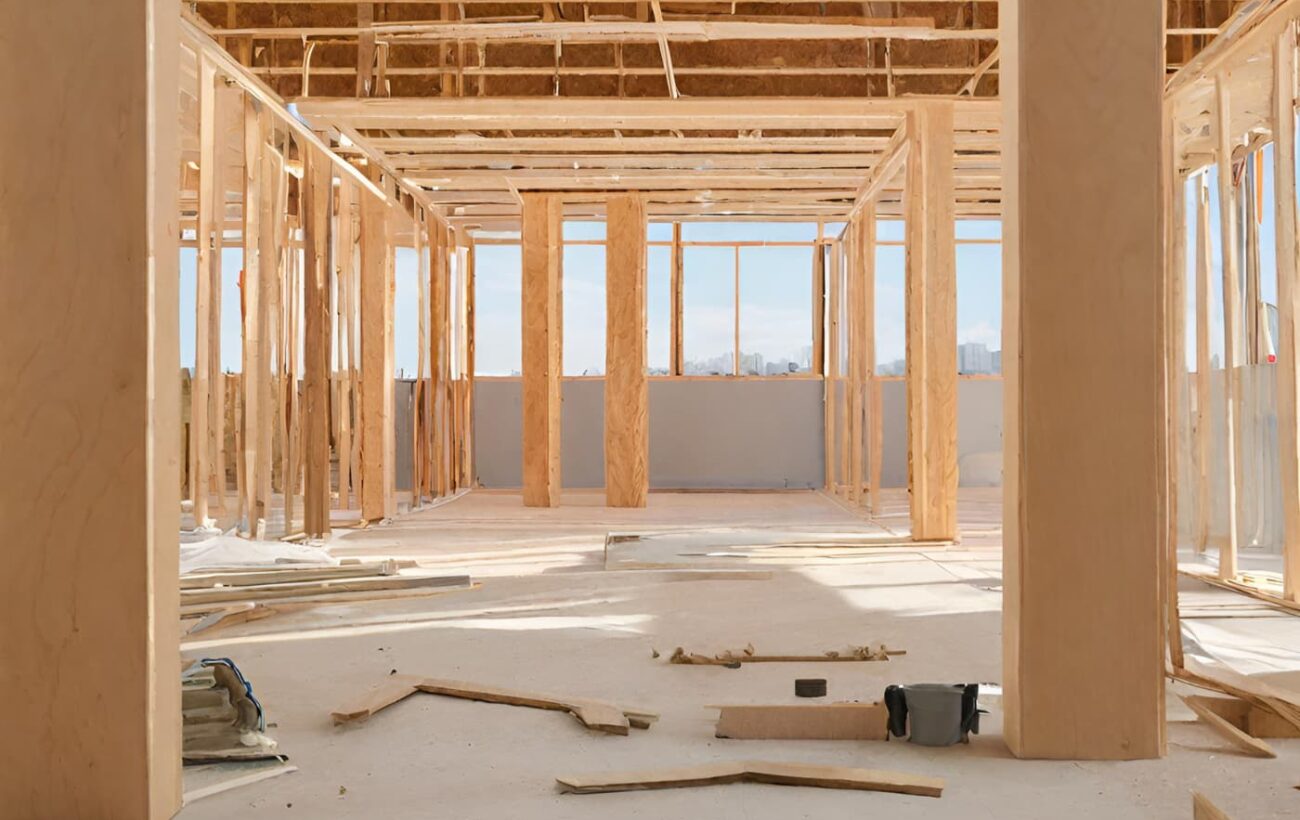The aftermath of workplace injuries can be physically and emotionally challenging. In such instances, understanding the legal time constraints for pursuing a lawsuit is crucial. This article aims to elucidate the concept of the statute of limitations concerning such cases. We’ll delve into the significance of time limits, particularly in seeking legal counsel from a Westchester County work injury lawyer.
Navigating the Complexities of Spinal Fracture Lawsuits
Suffering a spinal fracture due to an accident is a life-altering event that can lead to significant physical, emotional, and financial challenges. In this article, we will explore the intricate process of navigating spinal fracture lawsuits, shedding light on the complexities involved and the importance of seeking legal representation from experienced Westchester spinal fracture lawyer. Additionally, we’ll discuss the relevance of slip and fall accidents in spinal fracture cases and how they intertwine within the legal framework.
The Statute of Limitations: Understanding Time Limits for Filing Slip and Fall Lawsuits
The aftermath of a slip and fall accident can be physically and emotionally challenging. In such instances, understanding the legal time constraints for pursuing a lawsuit is crucial. This article aims to elucidate the concept of the statute of limitations concerning slip and fall cases. We’ll delve into the significance of time limits, particularly in the context of seeking legal counsel from slip and fall lawyers and Westchester knee injury lawyers.
Workers’ Rights 101: What to Do If You’re Injured on the Job
In today’s workplaces, injuries can occur unexpectedly, leaving workers unsure of their rights. Whether it’s a minor incident or a serious accident like a spinal injury, knowing how to navigate the aftermath is crucial. This article explores the essential steps for injured workers to take, from seeking medical attention to understanding their legal options with the guidance of a Westchester workplace injury lawyer. Let’s delve into what you need to know to protect your rights and secure fair compensation.
Construction Injury Claims: Common Mistakes to Avoid
Construction sites can be bustling hubs of productivity, but they also harbor numerous hazards. Sadly, accidents resulting in injuries are all too frequent in these dynamic environments. If you’ve suffered a workplace injury on a construction site, navigating the legal process ahead can feel overwhelming. Avoiding common pitfalls is crucial to securing the compensation you deserve. Let’s delve deeper into the key missteps to steer clear of when pursuing a claim with a Westchester workplace injury lawyer.
Burn Injuries in the Workplace: Common Causes and Legal Rights of Injured Workers
Burn injuries in the workplace can be devastating, causing immense physical and psychological suffering to affected individuals. In this article, we’ll delve into the common causes of burn injuries, shed light on the legal rights of injured workers, and emphasize the crucial role of legal support, including the expertise of a burn injury lawyer Westchester County NY and construction accident lawyer.
Advocating for Justice: How Personal Injury Lawyers Help Broken Bone Victims Obtain Compensation
Westchester broken bone lawyer plays a crucial role in advocating for justice on behalf of broken bone victims. These legal professionals specialize in navigating the complexities of personal injury claims, ensuring that victims receive fair compensation for their injuries. In this article, we will explore the various ways in which personal injury lawyers assist broken bone victims in obtaining the compensation they deserve, with a focus on the expertise of legal marketing agencies in promoting their services effectively.
From Falls to Machinery Accidents: Navigating the Most Common Work Accidents in Construction
Construction sites are bustling hubs of activity, where workers engage in various tasks amidst heavy machinery and towering structures. Amidst this dynamic environment, workplace accidents can occur, ranging from falls from heights to machinery mishaps. In this article, we’ll delve into the most common work accidents in construction, exploring preventive measures and the crucial role of legal support, including the expertise of a Westchester workplace injury lawyer. Let’s navigate the terrain of workplace safety and legal recourse together.
Work Accidents and Social Security Disability Benefits: Understanding Your Options for Long-Term Support
Work accidents can have devastating consequences, leaving individuals unable to work due to injuries or disabilities. In such situations, understanding the available support options, including Social Security Disability Benefits (SSDI), is crucial. This article explores the intersection of work accidents and SSDI, shedding light on the role of legal professionals like construction accident lawyer Westchester County and work injury lawyers in helping injured workers navigate their options effectively.
Medical Malpractice and Wrongful Death: Fatal Brain Injuries Due to Medical Negligence
Medical malpractice resulting in fatal brain injuries is a tragic occurrence that devastates families and raises questions about accountability within the healthcare system. In this article, we explore the intersection of medical malpractice, wrongful death, and fatal brain injuries caused by medical negligence. We’ll delve into the legal recourse available to affected families, with a focus on seeking representation from Westchester wrongful death attorneys.









